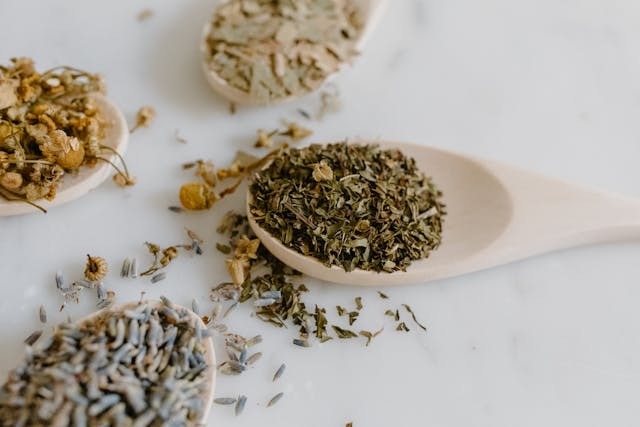The mounting global population of elderly individuals has led to an alarming surge in chronic ailments, with neurocognitive disorders like Alzheimer’s disease being of particular concern. Projections suggest that by 2050, over 150 million people worldwide may be affected by such conditions, which are hallmarked by progressive memory loss, cognitive decline, and compromised judgment. Conventional pharmacological treatments do exist, yet issues of affordability, accessibility, and undesirable side effects often beset them. Consequently, there has been a growing interest in holistic and culturally grounded approaches. Among these, traditional herbal medicines have garnered significant attention, especially in South Asia, where their usage is deeply rooted in the cultural and medicinal heritage of the region. Increasingly, these remedies are gaining international recognition as viable complementary or alternative therapies.
A two-phase investigative approach was adopted to identify herbal medicines traditionally used for memory loss in South Asia. The first phase involved a comprehensive textual survey of regional medicinal plant compendiums, identifying thirteen herbs reputed for their memory-enhancing properties. Noteworthy examples include Acorus calamus, Celastrus paniculatus, Withania somnifera, and Zingiber officinale. The second phase was a systematic review of scientific literature, utilising resources such as PubMed and Google Scholar to validate these herbs’ cognitive benefits through experimental studies. This methodical approach lent credibility to the traditional claims, bridging the gap between historical knowledge and modern scientific understanding.
The mechanisms by which these plants exert their memory-boosting effects have been partially elucidated. Many demonstrated an ability to inhibit acetylcholinesterase (AChE) and butyrylcholinesterase (BuChE), enzymes responsible for the breakdown of acetylcholine, an essential neurotransmitter for memory processes. This mimics the action of current Alzheimer’s medications like donepezil and galantamine. Further, some herbs, such as Celastrus paniculatus and Zingiber officinale, appeared to modulate NMDA receptors, a mechanism akin to memantine, another clinically approved treatment for Alzheimer’s disease. The plants also showcased potent antioxidant and anti-inflammatory effects, potentially mitigating the neurodegenerative processes exacerbated by oxidative stress and chronic inflammation. Herbs such as Acorus calamus, Withania somnifera, and Salvia officinalis, notable for their multifaceted actions, offer promising prospects as holistic interventions.
Though preclinical evidence for these plants’ cognitive benefits is abundant, human clinical trials remain limited but encouraging. Panax ginseng, for example, has been studied in a 12-week clinical trial involving older adults, where participants using a standardised extract (ThinkGIN™) experienced notable improvements in memory and overall cognitive function, with minimal adverse effects. Salvia officinalis, commonly known as sage, has also been examined in multiple randomised, double-blind trials, consistently yielding improvements in attention, working memory, and cognitive performance. Withania somnifera, or ashwagandha, has been the subject of clinical studies reporting enhancements in executive function, sleep quality, psychological wellbeing, and memory without significant side effects. These findings underscore the therapeutic potential of these traditional herbs and point to the need for more robust clinical evidence.
Despite these promising results, this review acknowledges certain limitations that must be addressed to fully harness traditional herbal medicine’s potential in managing memory disorders. The reliance on a narrow selection of regional texts may have inadvertently overlooked additional promising plants, and the absence of field surveys involving traditional healers or patients restricts the depth of ethnobotanical insight. Furthermore, the exclusive focus on South Asian flora leaves a gap in understanding memory-enhancing herbs from other cultures and regions. The authors, therefore, advocate for future research that includes broader ethnobotanical surveys, expanded geographical focus, and more detailed medicinal chemistry analyses. Such endeavours would not only deepen our understanding of these traditional remedies. Still, they could also lead to the discovery of new, affordable, and effective treatments for cognitive decline, fostering a more integrated and holistic approach to mental health.
More information: Fawad Alam-Siddiqui et al, Herbal Medicine for the Mind: Traditionally Used Medicinal Plants for Memory Loss from the Indian Subcontinent, Future Integrative Medicine. DOI: 10.14218/FIM.2024.00050
Journal information: Future Integrative Medicine Provided by Xia & He Publishing Inc.








